Modern Faith: The Intersection of Traditional African Religions and Global Spiritual Movements
In an increasingly interconnected world, the landscape of spirituality is evolving. Traditional African religions, rich with ancestral wisdom and cultural heritage, are finding themselves at the crossroads of global spiritual movements. This intersection represents a fascinating blend of ancient beliefs and contemporary practices, shaping a modern faith that resonates with a diverse audience. In this exploration, we will delve into how traditional African religions are influencing and being influenced by global spiritual movements, highlighting themes of syncretism, adaptation, and cultural exchange.
The Rich Tapestry of Traditional African Religions
Diverse Beliefs and Practices
Traditional African religions are not monolithic; they encompass a vast array of beliefs and practices that vary from region to region. Common elements include a deep reverence for ancestors, a profound connection to nature, and the belief in a supreme being alongside numerous spirits and deities. Rituals, music, dance, and storytelling play essential roles in these spiritual practices, emphasizing community and continuity.
Ancestral Reverence
One of the most significant aspects of traditional African spirituality is the veneration of ancestors. Ancestors are viewed as protectors and guides, and rituals often involve offerings and prayers to seek their blessings. This connection to the past fosters a sense of identity and belonging, allowing individuals to draw strength and wisdom from their lineage.
The Influence of Global Spiritual Movements
The Rise of New Spiritualities
As globalization continues to shape our world, new spiritual movements have emerged, often blending elements from various traditions. New Age spirituality, for example, has gained popularity, promoting personal growth, holistic healing, and a quest for deeper meaning. This movement emphasizes individual experience, intuition, and a connection to the cosmos, often resonating with traditional African concepts of interconnectedness and spirituality.
Cross-Cultural Exchange
The sharing of ideas and practices between traditional African religions and global spiritual movements has led to a rich tapestry of syncretism. This cultural exchange often occurs in urban settings, where diverse populations come together. For instance, practices such as meditation, yoga, and herbal healing—common in many global spiritual movements—can find resonance in traditional African healing practices, which emphasize balance, wellness, and community support.
Syncretism: A Fusion of Beliefs
Blending Practices
Syncretism is a natural outcome of cultural exchange. Many practitioners of traditional African religions have incorporated elements from Christianity, Islam, and New Age philosophies into their practices. This blending can be seen in festivals, rituals, and spiritual gatherings where participants honor both their ancestral traditions and contemporary spiritual influences.
Contemporary Rituals
In urban centers across Africa and the diaspora, rituals have adapted to reflect this fusion. For example, communal gatherings may involve traditional drumming and dancing alongside modern meditation practices. These spaces become melting pots of spirituality, where individuals explore their faith through diverse lenses, embracing both heritage and innovation.
The Role of Technology
Digital Communities
The advent of technology has transformed how spiritual communities connect. Online platforms and social media allow individuals to share their beliefs, rituals, and experiences across vast distances. This digital landscape has enabled traditional African religions to reach a global audience, facilitating conversations that bridge cultural divides.
Virtual Rituals
During times of social distancing, many spiritual communities turned to virtual rituals, maintaining connections and practices through technology. This adaptation showcased the resilience of traditional practices and their ability to evolve in response to contemporary challenges, reinforcing the idea that spirituality is dynamic and responsive.
Challenges and Opportunities
Cultural Appropriation vs. Appreciation
As traditional African religions intersect with global spiritual movements, issues of cultural appropriation can arise. It’s essential to navigate this landscape with sensitivity and respect. Appropriation occurs when elements of a culture are used without understanding or honoring their significance. Conversely, cultural appreciation involves recognizing and valuing the richness of traditions while acknowledging their origins.
Revitalization of Traditions
The blending of traditional beliefs with global movements also presents opportunities for revitalization. Younger generations are often drawn to spiritual practices that resonate with their values, leading them to explore their ancestral roots. This curiosity can result in a resurgence of traditional practices and a renewed interest in cultural heritage.
The Future of Spirituality
A New Paradigm
As we move forward, the intersection of traditional African religions and global spiritual movements presents an opportunity for a new paradigm of spirituality—one that values inclusivity, diversity, and interconnectedness. This modern faith encourages individuals to explore their spirituality through various lenses, integrating wisdom from both the past and the present.
Personal Empowerment
In this evolving spiritual landscape, personal empowerment becomes a central theme. Individuals are increasingly taking charge of their spiritual journeys, crafting practices that resonate with their unique experiences and beliefs. This empowerment fosters a sense of agency, allowing people to navigate the complexities of faith in a globalized world.
Conclusion: Embracing a Shared Spiritual Journey
The intersection of traditional African religions and global spiritual movements embodies the beauty of cultural exchange and adaptation. As individuals explore the richness of their spiritual heritage alongside contemporary practices, they embark on a shared journey that transcends geographical boundaries.
This modern faith is not merely a fusion of beliefs; it is a testament to humanity’s quest for meaning and connection. By embracing both tradition and innovation, we can create a spiritual landscape that honors our diverse histories while fostering unity in our shared experiences. As we navigate this ever-evolving terrain, let us celebrate the richness of our collective spiritual heritage and the transformative power of faith in all its forms.
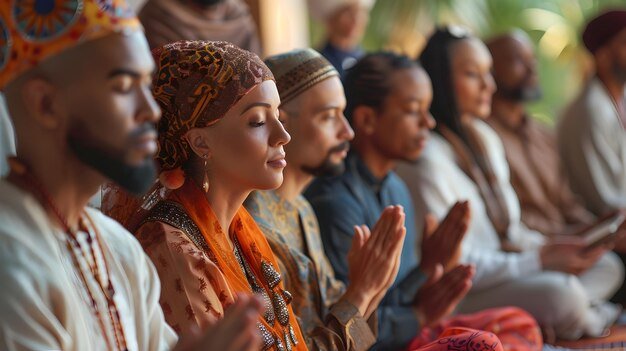
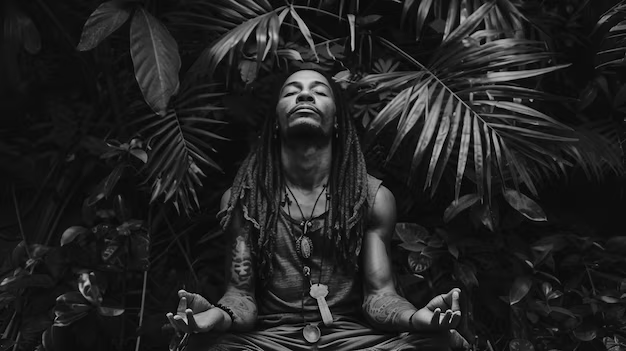
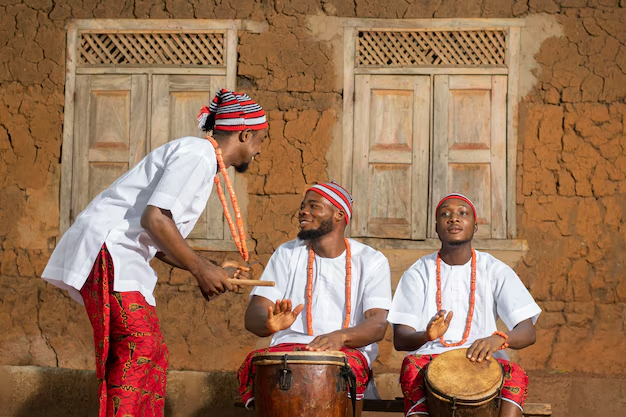




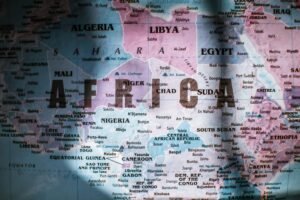
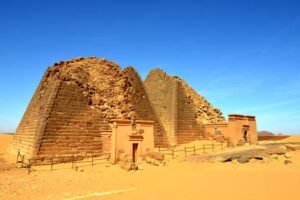
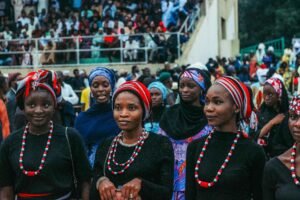




Publicar comentário